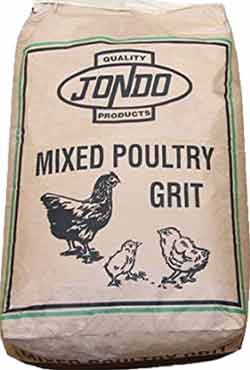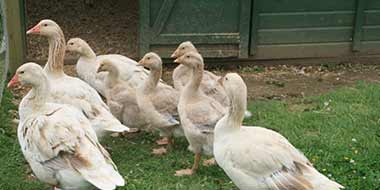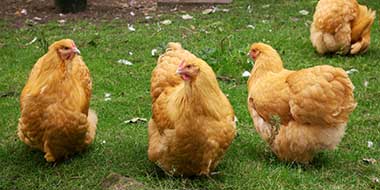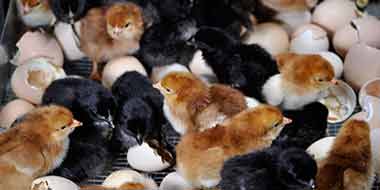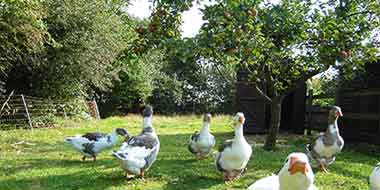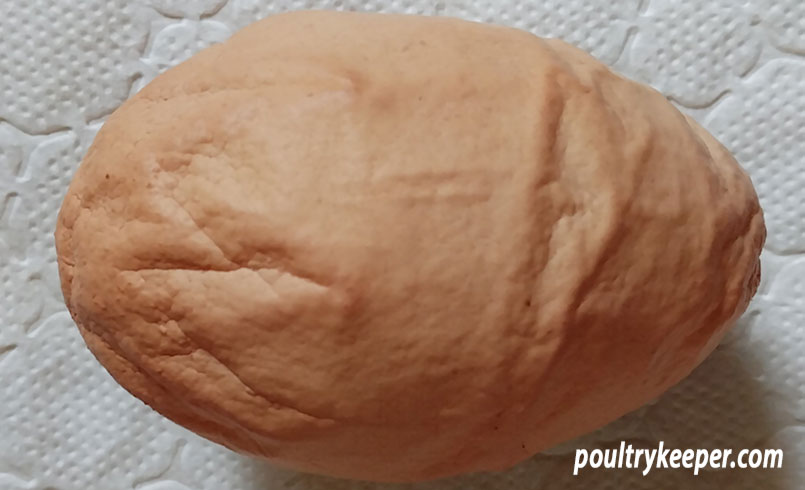
Sometimes chickens will lay a wrinkled egg. These are normal eggs inside, with hard shells, but have wrinkled egg shells. So what causes these wrinkled eggs? And are they safe to eat?
If the white of an egg (or the Albumen as it is correctly known) is watery, it is harder for a shell to be formed correctly around the egg, and quite simply, this can cause an egg shell to be wrinkled or to have ripples on it.
What causes wrinkled egg shells?
As hens get older, the whites in their eggs will get thinner. It is one reason farms of commercial egg-laying hens are replaced after 18 months because it can look like an egg is old if the white is watery, and it ‘spreads around the pan’ when you go to cook it for breakfast!
Watery egg-whites are more common in high egg-producing hens, such as hybrid layers producing upwards of 300 eggs per year. If you keep pure-breeds, you probably won’t notice this problem unless you look carefully. We see this typically with ex-battery hens who can lay eggs with watery whites as they become older.
Disease
Some diseases, such as the viral disease Infectious Bronchitis (IB), can also affect the bird’s ability to produce thick albumen (egg white). This can cause wrinkled egg shells, even years after infection because hens will be carriers of the disease for life.
Poultry grit is essential and there are two types of grit – Insoluble/Flint grit which helps chickens to grind down their food in a tough, muscular organ called the gizzard (chickens don’t have teeth!)
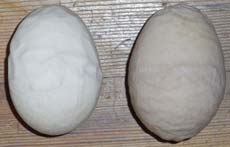
The second is soluble/Oyster shell grit which is high in calcium to help them make strong eggshells.
If you are feeding chickens a good diet with high-quality formulated layers feed, doesn’t have any obvious health problems and has access to poultry grit, there isn’t anything we can do about wrinkled eggs.
Jondo Mixed Poultry Grit
Probably one of the most popular brands of mixed poultry grit in the UK comes from JONDO.
John J. Doe & Son is a third-generation family business that has been making grit at their site, 6 miles west of Lincoln, since 1942.
A 25Kg bag may seem like a lot, but keep in mind that grit is heavy, so this is a good size for most small backyard flocks.
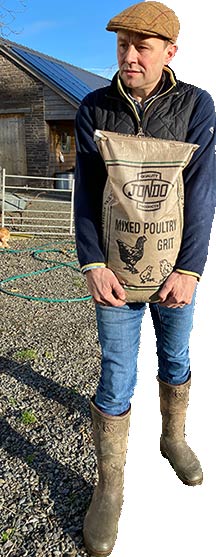
Are wrinkled eggs safe to eat?
Eggs can still be eaten as normal, providing the eggshell doesn’t have any cracks in it. Broken eggs should be discarded as bacteria may have entered the egg.
I don’t waste cracked eggs or eggs with wrinkled eggshells. They are fed back to my hens as a treat. I will crack the egg open on the floor for them. If you do this, be careful to do it outside, away from nest boxes and break the shell up, because you could be teaching them bad habits if they learn to break whole eggs!
Egg eating is a difficult vice to cure once it starts.
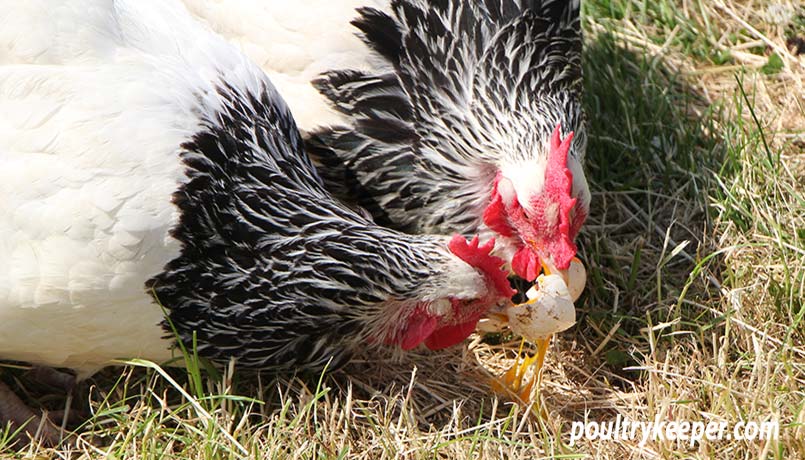
What about soft or shell-less eggs?
Here’s a short clip to show you what soft or thin eggs and ‘shell-less’ eggs look like. They are also common in hybrid layers, like wrinkled eggs, as they age.
I wrote a separate article about thin and soft, shell-less eggs if you would like to know more about these eggs.

